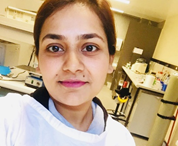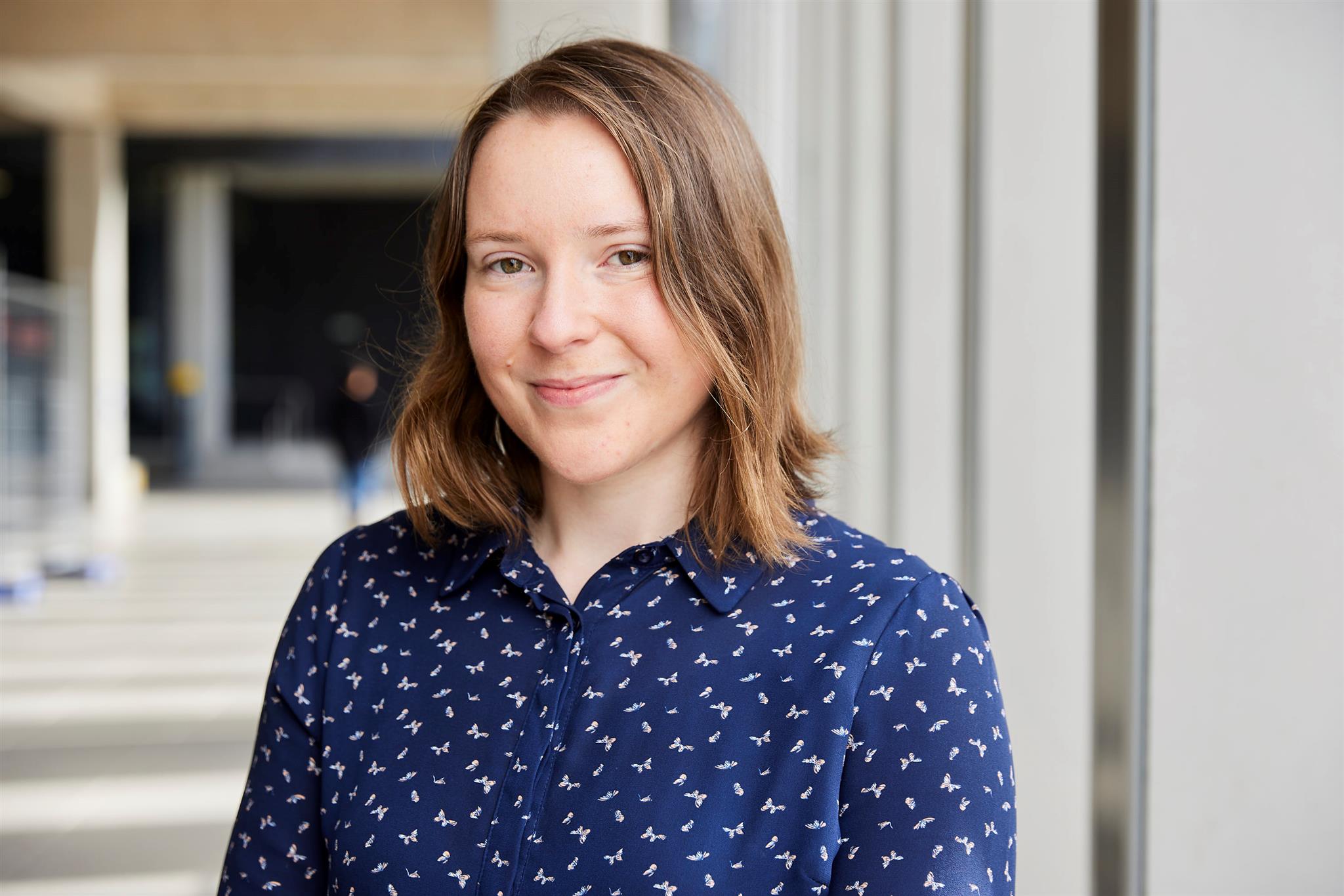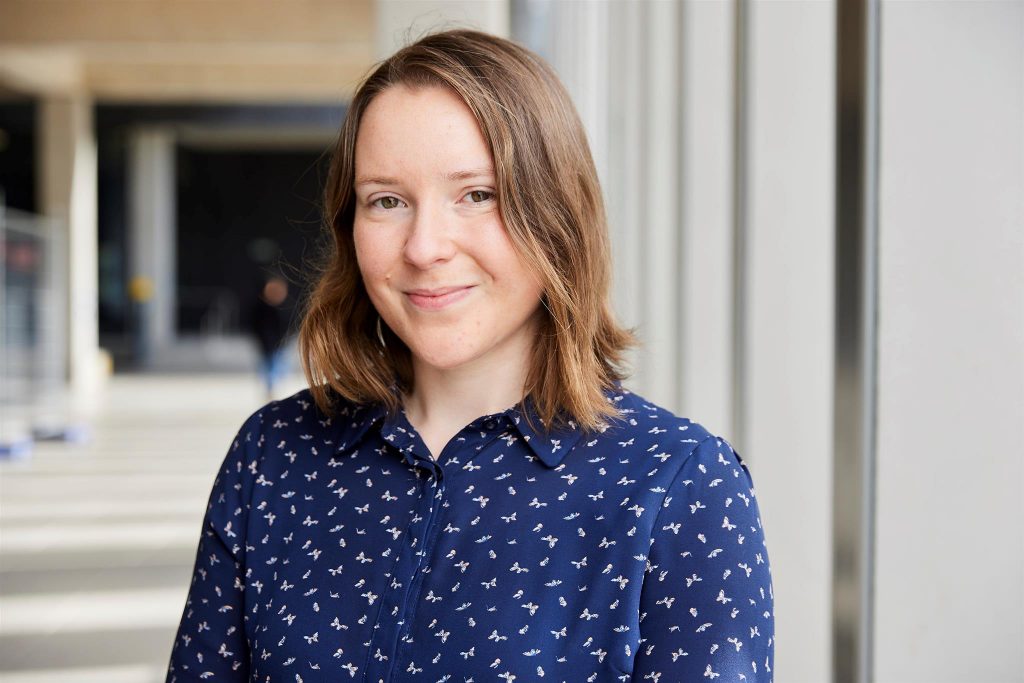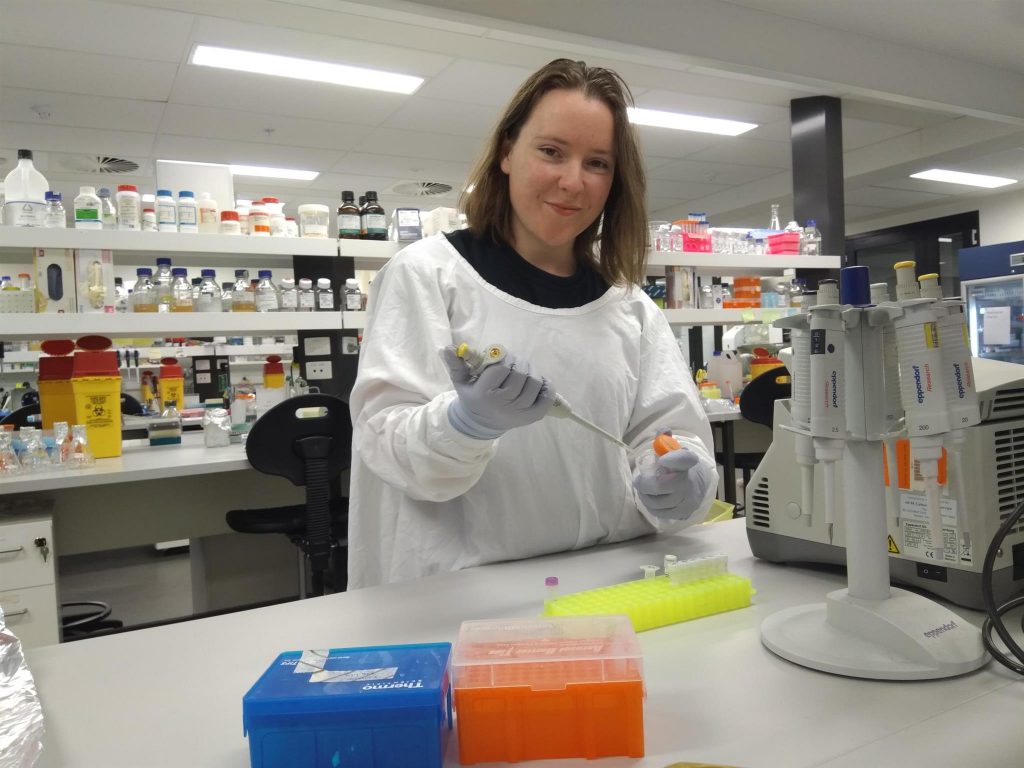Fatima is a 2nd year PhD student at School of Optometry & Vision Science, UNSW and proud women champion. Her research focuses on developing methods to understand the structure and function of oil producing glands that prevent eyes from getting dry. Her research work will not only help clinicians and researchers but also industry in developing newer therapeutic targets for dry eyes. Fatima is an amazing success story following her dreams from Pakistan to UNSW Australia and beyond!

For as long as she can remember, Fatima has been fascinated with vision. It started with drawing and art and interpreting the world around her. Encouraged by her father, Fatima started studying optometry, and began to understand how the world is perceived by each individual. Fatima soon realised her passion for optometry, finishing her Bachelors degree in 2016 closely followed by a Masters degree in 2018 from a renowned university in Pakistan.

Currently, under supervision of Scientia Prof Fiona Stapleton, Prof Eric Papas and Dr Jacqueline Tan, Fatima is developing methods to understand the structure and function of Meibomian Glands – the oil producing glands in the eyelids that secrete oils to prevent eyes from getting dry. If these meibomian glands do not produce enough oils, it can lead to dry eye disease. More than 50% of Australian population is suffering from dry eye disease and many of which go undiagnosed. Fatima’s research involves establishing clinically useful methods that will having better understanding of the form and shape of these glands which will ultimately help researchers, clinicians and industry in developing new therapeutics targets as well as early detection of dry eye disease.
Fatima did not end up in Prof. Fiona Stapleton’s lab by accident. Prof. Stapleton was her role model throughout her undergraduate studies, and Fatima closely followed her work which inspired her to pursue research. Fatima decided to move from Pakistan to UNSW for her PhD so that she could work with Prof. Stapleton. To date, she has published 12 peer-reviewed publications, achieved 18 awards and two patents and proud mentee at IMNIS (Industry Mentor Networking in STEM) 2021.

However, Fatima’s journey so far has not been without its challenges. Coming from a country where women are not encouraged or expected to work independently was a challenge. Fatima’s parents had only daughters, and relatives suggested not to spend money on their girls education. Luckily, Fatima’s parents were very supportive and encouraged them to not only get educated, but pursue careers in STEM.
“We are blessed to have such amazing parents that provided us each and every opportunity to live our dreams. My father used to travel with me in peripheral areas to organise eye camps for marginalised people, he helped me in establishing my own practice in Pakistan and also drove me to attend meetings with professionals in STEM.”
It is not easy following a passion, especially if it is not common due to location, demographic or other factors. Fatima has some great words of advice for anyone considering a career in STEM.
“Two things! First, it’s important for any young person starting their career in STEM to realize that persistence is the biggest key to success. There will come a time where the technical challenges might be too overwhelming, or your proposed solution to a problem is not producing the anticipated results, despite your best efforts. These are all positive things, not negative! It means that you have chosen to work on a challenging problem, you are pushing yourself beyond your comfort zone, and all you need is to persist and put more thought into it.
Second is to not be afraid to get uncomfortable. Often times, you may find opportunities that you think you can’t do, but the truth is that you really can. It’s okay to feel uncomfortable and try things you’ve never done before, because you never know, it might turn out that you actually like it.”
Aside from conducting her PhD, Fatima also loves travelling and has been enjoying the sites of Sydney. Despite COVID-19, Fatima has explored the coasts and climbed the Sydney Harbour Bridge.

Fatima is an amazing and inspiring addition to the UNSW women in maths and science champions program. She has shared her journey with students at North Sydney Girls high school on careers day, and discussed STEM careers with Indigenous students in a Nura Gili youth leadership workshop. I look forward to following the achievements of Fatima as she continues being a STEM professional and role model for younger scientists!




